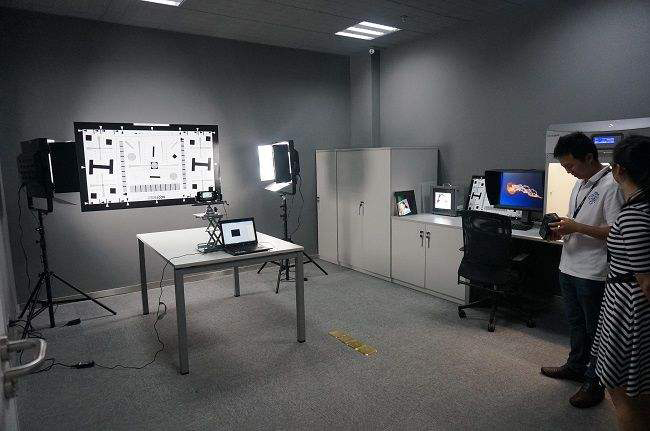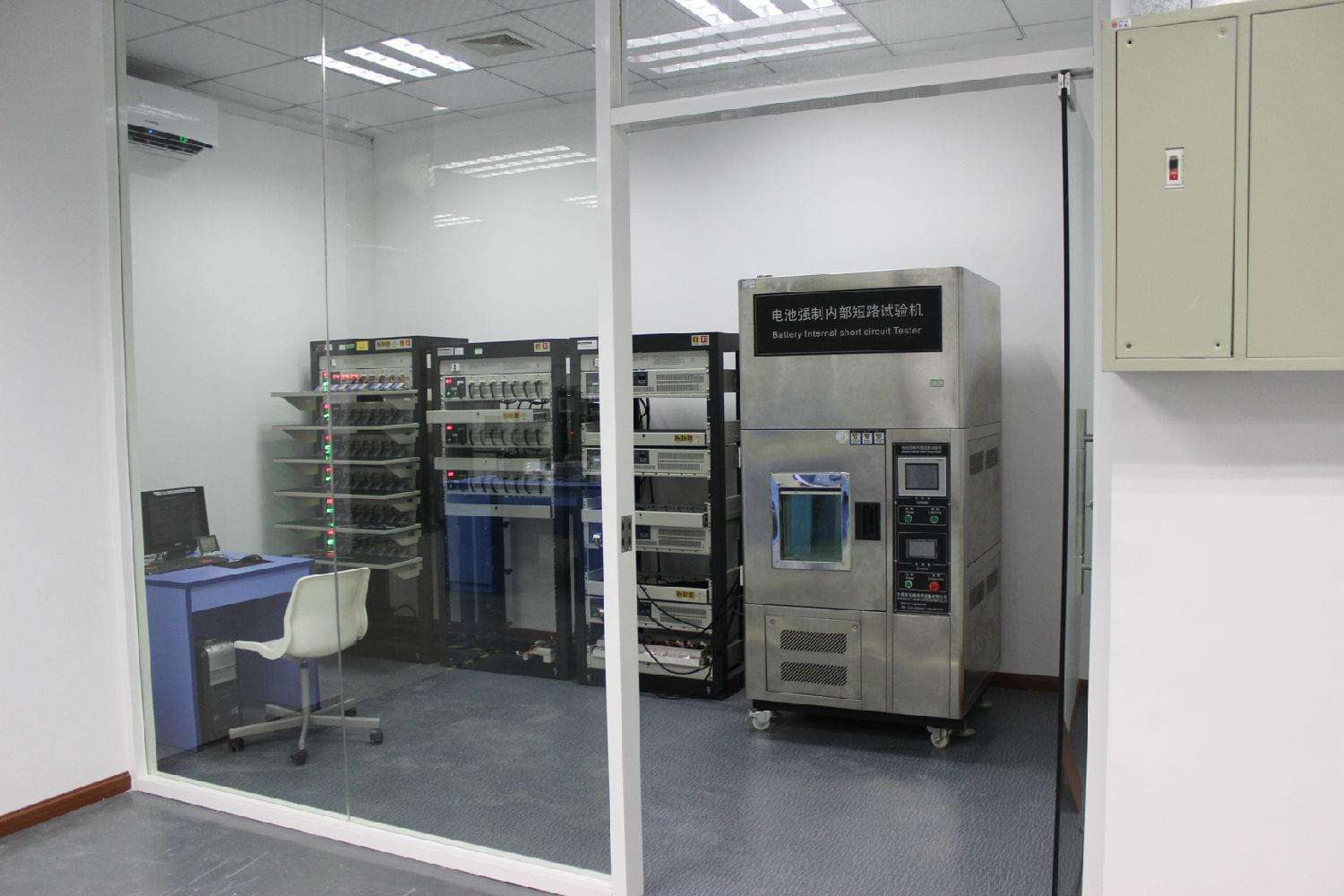Horsontech dash cam
Horsontech (Shenzhen) Technology Co., Ltd is the Chinese one of top three 4K UID HD dashcam manufacturer that located in Shenzhen Our company was founded since 2012, our overseas marketing company named Shenzhen CLD technology Co., Ltd., we have more than 10 years dashcam manufacturing experience
View All


